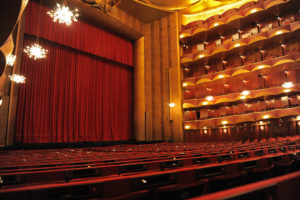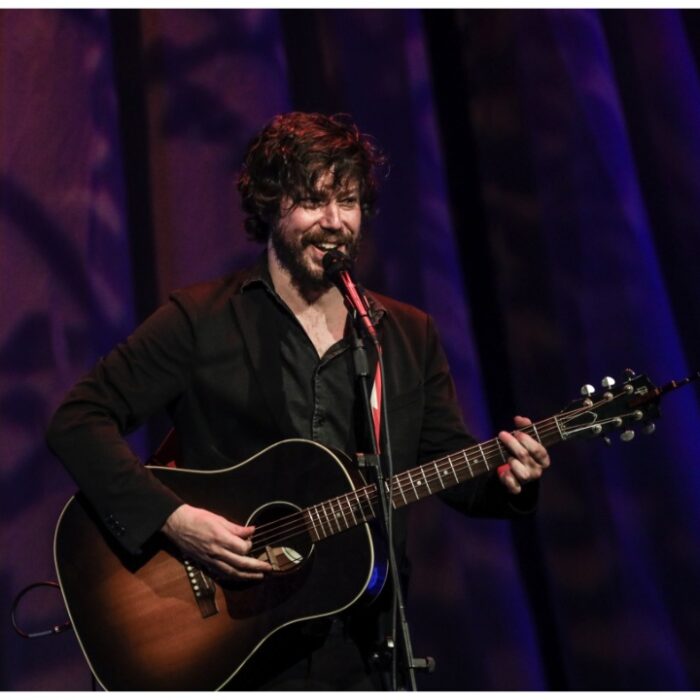
Peter Gelb Pivots Metropolitan Opera Strategy Again; Company Withdraws $40 Million from Endowment
By Francisco Salazar(Credit: Jonathan Tichler / Met Opera)
The Metropolitan Opera has withdrawn $40 million from its endowment for additional emergency funds.
According to a New York Times article, the funds were withdrawn to “survive one of the most trying periods in its 141-year history.”
This is the second time that the company has withdrawn from its endowment in a year. Last season, the Met took out $30 million to help cover operating expenses amid weak ticket sales and a cash shortfall. During that time in December 2022, General Manager Peter Gelb said, “The challenges are greater than ever. The only path forward is reinvention” and noted that he hoped to replenish the endowment in the coming months. At that time the Met’s decision to dip into its endowment of $306 million was a way to cover operating expenses as some donors were reluctant to accelerate pledged gifts amid the stock market downturn.
Today, following the announcement of the withdrawal, the Met’s endowment has fallen from $309 million in July to $255 million.
Per the recent NY Times article Gelb, who has held the position of General Manager since 2006 and is extended through 2026-27, said, “For most people, the pandemic is over. For arts institutions, we’re still in it. But we see a way out. There is light at the end of the tunnel.”
The news comes as the company expects cast gifts of more than $100 million to replenish the endowment over the next few years and added that there is an expectation of a transformative gift that is coming. However, Gelb did not give any more details.
He did note some changes to the strategy for the company however. Last April, the Met announced that it was pivoting to more modern works because they were selling better than the classics. The company added that there would be 17 contemporary operas over the next five seasons. The company also announced its was cutting 10 percent of its performances.
But that strategy has now seemingly seen another change just five months into the season.
According to the New York Times article, the Met will continue to give fewer performances and it plans to change its scheduling over the next few years so that each opera has a more condensed run. Instead of having two or three short runs that may be spread out in the fall, winter, and spring, an opera will get shorter runs. The company will also have fewer operas in rotation at any given moment. And while this season saw six contemporary operas, next season will reduce that number to four.
The Met will also put more popular operas like “La Bohème” on weekends because they bring in substantially more revenue than less familiar works.
The New York Times article offered context in the form of box office results to start the season. According to the Met, Anthony Davis’s “X: The Life and Times of Malcolm X” sold 78 percent of its tickets over eight performances, while “La Bohème” sold 74 percent over 18 performances. Jake Heggie’s “Dead Man Walking” sold 62 percent over nine performances, including its opening night showcase, and “Un Ballo in Maschera” sold 56 percent over nine performances. Wagner’s “Tannhäuser” sold 64 percent over eight performances. Meanwhile “The Magic Flute” sold 87 percent over 13 performances and the recent production of “Carmen” continues to draw audiences including a sold-out HD performance.
There are some upsides to the current season as the company noted that attendance has risen to about 73 percent this season which is up from 63 percent at the same point last season.
The Met’s Live in HD cinema broadcasts are beginning to draw larger crowds but it is only breaking even as movie theaters continue to struggle. The audience is also younger as the average age of single-ticket buyers has fallen to 44 from 50.
This is the latest in a number of occasions during which Gelb has brought up the Met’s economic woes. Gelb previously told Axel Brüggemann that he no longer had access to billionaires and that “The audience for opera theatre has got even older, and our donors are fewer.”
Categories
News

